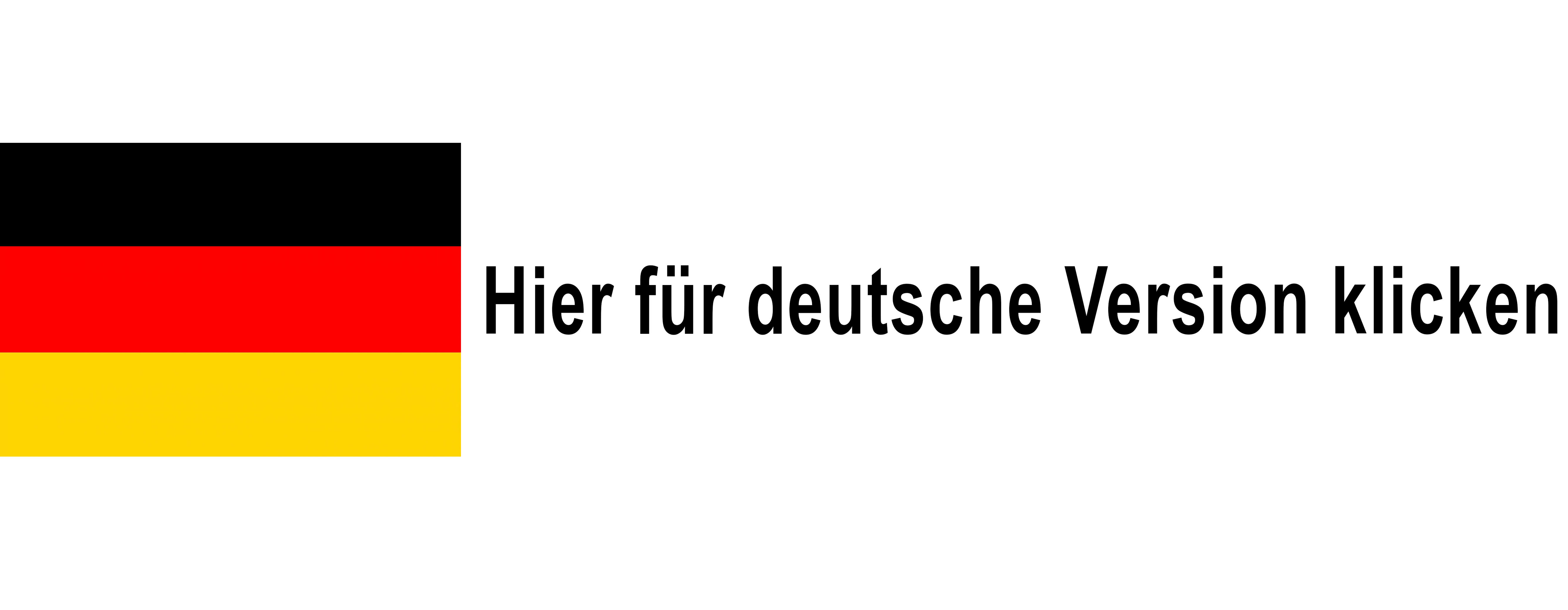|
Module
Name
|
Module
Contents
|
CP
|
|
Module 1:
Fundamentals of International Studies / Peace and Conflict Research
|
- Paradigms and concepts of
political science
- Empirical and theoretical fundamentals
of peace and conflict research
- Either Theories of
International Relations; Theories of International Political Economy;
Development Theory; Democratic Theory or Theory of the State
- Methods of empirical
political science
Students
must attend the lecture “Theoretical Paradigms of Political Science” and produce
proof of active participation in two seminars as well as sit a written,
course-related end-of-module examination.
|
14
|
|
Module 2:
World Order and Civilisation
|
Stakeholders:
- World order / international political
systems / international regimes
- State and globalisation / foreign
policy under globalisation / global governance
- Non-state stakeholders
Policy
areas:
- Security / arms control
- Global economy (with
international environmental policy)
- Human rights / women’s rights
- North-South relations
- Democratisation / civilisation
/ civil society
Students
must produce proof of active participation in three seminars and sit a
course-related end-of-module examination.
|
14
|
|
Module 3:
Conflicts, Wars and Peace Processes
|
Empirical
focus
- Conflicts and wars of the
present day (including humanitarian intervention)
- Peace processes / peaceful
conflict control in the past and present: lessons learned and open
questions
Theoretical
focus
- Causes and consequences of
war
- Causes of peace and peace
strategies
- Conflict transformation
Students
must produce proof of active participation in two seminars and sit a
course-related end-of-module examination.
|
11
|
|
Module 4:
Research Practice
|
Students
deepen their empirical knowledge in the field of International Studies /
Peace and Conflict Research and learn to apply methods of empirical social
research by way of example and independently and to make various decisions in
developing their own research design.
Students
must produce proof of participation in a seminar with 4 semester hours per
week lasting one semester or a seminar with 2 semester hours per week lasting
two semesters and complete a written course-related end-of-module examination
in the form of an empirical research paper.
|
14
|
|
Module 5:
Internship
|
Students
gain an insight into the organisation and processes of the institution
providing the internship and work actively within it. The internship should
be undertaken in an area of peace and conflict research and of international
studies in the broadest sense, e.g. at a public institution, association,
non-governmental organisation, private sector company, etc.
The
obligation to find a suitable internship lies with the student. The internship
can be undertaken during the semester vacation or parallel to the degree
programme, full-time or part-time, at one time or divided into a number of stages.
Students must prepare a report on their internship, which is approved by a
university lecturer via the Examination Office or the Examination Secretariat.
It should report on the contents of the internship and reflect on the
relationship between university education and the requirements of
professional practice.
Duration:
At least 2 months
|
11
|
|
Module 6:
Theory and Political Philosophy of Global Socialisation
|
- Notion of and debates
surrounding the “World Society”
- Normative principles of world
order
- Democracy and transnational
socialisation
- Universalism and particularism
Students
must produce proof of active participation in two seminars and sit a
course-related end-of-module examination.
|
11
|
|
Compulsory
Elective Module 7: Students choose one of four sub-areas
|
|
Module 7a:
Globalisation and Development
|
Students
acquire knowledge related to:
- Globalisation concepts
- Causes of globalisation
- Effects of globalisation on
states and statehood
Contents:
- Global economic policy
- Development and development
processes
- Regime change, transformation
and democratisation
Students
must produce proof of active participation in three seminars and sit a written,
course-related end-of-module examination.
|
14
|
|
Module 7b:
Globalisation and Law
|
Students
acquire knowledge related to:
- Conceptual principles of
globalisation debates
- Theory and practice of international jurisdiction
- Effects of globalisation on
the development and impact of inter- or transnational law
Contents:
- International law and legal
order
- Transnational law
- Juridification of international
relations
- International organisations
Students
must produce proof of active participation in three seminars and sit a written,
course-related end-of-module examination.
|
14
|
|
Module 7c:
Natural Science and Technical Dimensions of Peace and Conflict Research
|
Students
acquire knowledge related to:
- Natural science and technical
influences on international conflict constellations
- Civil-military ambivalences
of modern technologies
- Perspectives of the
sustainable design of technology and science
Contents:
- Technology-induced conflicts:
handling of nuclear research and technology and of biotechnological
research
- Conceptual seminars: theoretical
concepts for the sustainable design of technology and science
- Theory of science and
technology: recognising and evaluating the relevance of technological
decisions
The seminars
to be attended are offered at TU Darmstadt.
Students
must produce proof of active participation in three seminars and sit a written,
course-related end-of-module examination.
|
14
|
|
Module 7d:
Technology and International Development
|
Students
acquire knowledge related to:
- International development
cooperation with a focus on the use of technologies in developing
countries
- Sustainable development
Contents:
- Development cooperation: economic,
political and social dimensions of international cooperation and problem
areas in developing countries
- Instruments and methods of
development cooperation: strategy development, project planning,
monitoring and evaluation
The seminars
to be attended are offered at TU Darmstadt.
Students
must produce proof of active participation in three seminars and sit a written,
course-related end-of-module examination.
|
14
|
|
Module 8:
Final Module
|
Students
should demonstrate their ability to develop, commensurately present and
argumentatively answer a comprehensive scientific question in the form of a
master’s dissertation as well as their ability to present and discuss their
own research results in an oral debate.
Contents:
- Composition of a master’s dissertation
on a topic of one’s own choice
- Discussion of and reflection on
one’s own research project
Students
must produce proof of active participation in a colloquium, compose a master’s dissertation on a topic of their own choice and
take an oral examination in the form of a presentation on the dissertation
and an oral discussion or an examination on topics from the master’s
programme.
|
|









